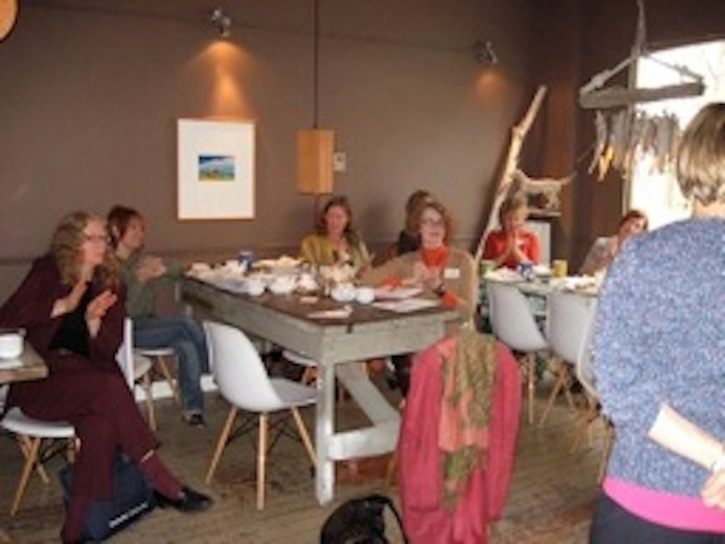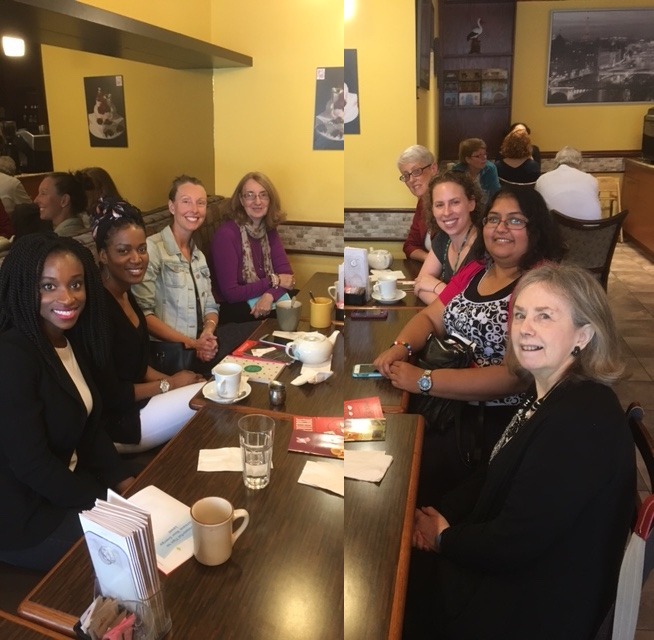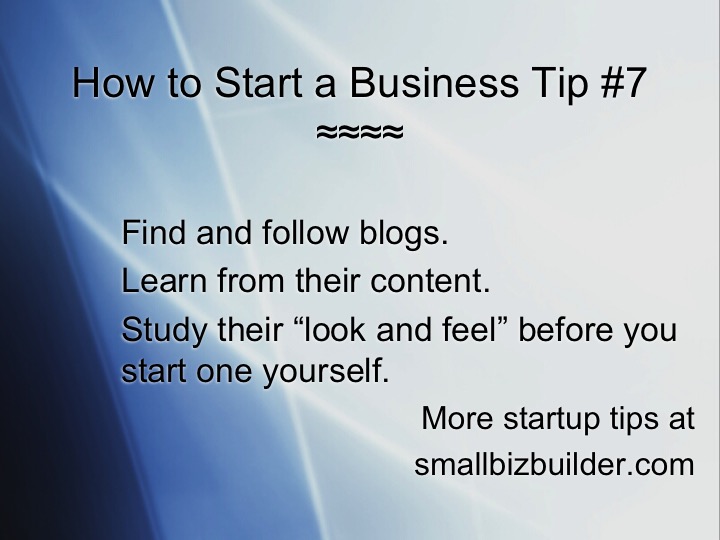
What does helping mean to you?
I believe that people are basically good and want to help if they can. What do you believe?
Why did I call this post “may I help?”
One of the things I learned in 1980 when I became self-employed was to ask for and accept help. In the 90s, as part of all of his presentations Mark Victor Hansen, co-author of the Chicken Soup books, said to “Ask, ask, ask..” for sales, for knowledge when you didn’t know how to do something or from others who were experienced business owners.
In the 80s when we owned an Apple computer dealership, my partner and I would take one of our customers for lunch and pick his brain when we needed help. He’d been a startup once as we were now!
How did we ask?
The most important thing is that you don’t want to waste the time of the person you’re asking, so do the following things.
Be polite.
Tell them that you’d like their help and ask them if are they’re fine giving it.
Know what you want and be very specific about what you want the other person to do.
How do you and they feel?
We both feel good. To repeat what I started with, I believe that people are basically good and want to help if they can.
If you don’t ask, I believe you’re taking away the other person’s chance to feel good. They can always say no – it’s their choice.
My personal experience
Since the stroke in 2005 when I was 55, I’ve been a physically disabled person and need help frequently. As everyone with a disability does, I want to be treated as a person who can do most of the same things as you do. I just do these differently and more slowly.
Let me give you a few examples.
- I can’t physically cook so buy frozen dinners and heat them in the microwave.
- I can’t carry heavy things so either I put them on seat of my walker or I have someone lift them up to an accessible (to me) place.
- I can’t open jars or containers so I wait until someone is coming here and ask them to do it for me.
- Buttons are an issue so I buy tops that go over my head.
You get the idea.
I plan and make lists of things for people to do for me when they come here. Thank goodness that I’ve always been a planner and listmaker!
ASK for what you need!
My next post will be about how to ask when you see someone who YOU think needs help.









